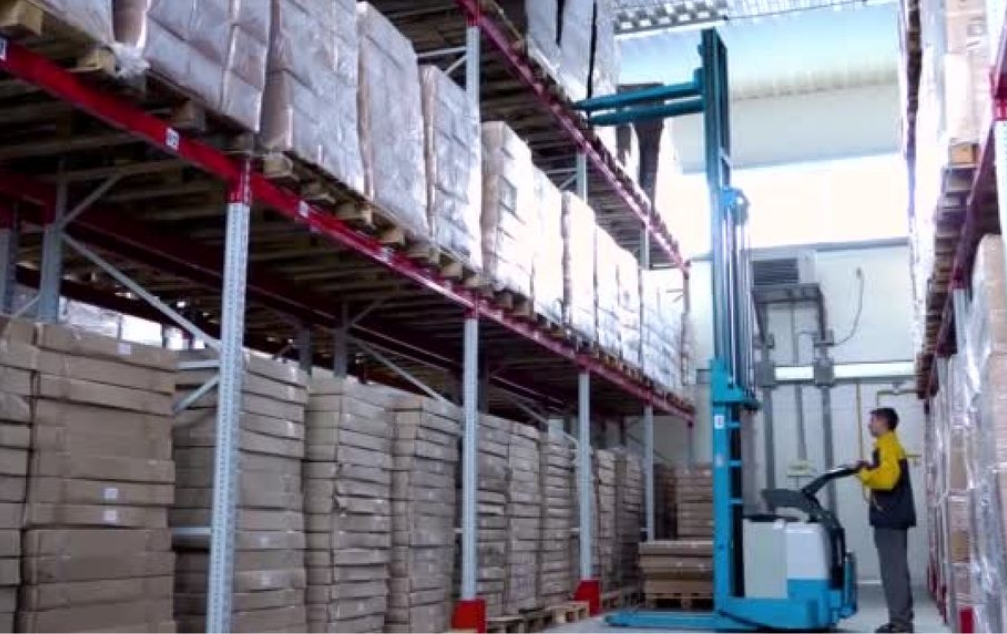Professional Commercial Electrical Contractors
- Written by NewsServices.com

Definition of a Commercial Electrical Contractor
A commercial electrical contractor is a professional business that specializes in the installation, maintenance, and repair of electrical systems for commercial buildings. These professionals are typically licensed and certified to work with large-scale electrical systems. Commercial electrical contractors provide services such as wiring for new construction or renovation projects, lighting installation, circuit breaker installation, safety inspections, and more.
Commercial electrical contractors have extensive knowledge of local building codes and regulations as well as familiarity with all types of devices used in commercial buildings such as fire alarms, telephone lines, and computers. They are also familiar with different types of wiring installations including conduit-based systems, armored cables, or open wiring systems. It is important to verify the license status of any potential contractor before hiring them to ensure they are qualified to handle your specific project requirements safely.
Commercial electrical contractors typically have a team of experienced electricians who can design an efficient system tailored to the needs of the customer while adhering to all relevant safety standards. The expertise they bring includes knowledge on how best to wire a building based on its size and layout while taking into account factors such as power load requirements, data transfer speeds, and future expansion plans if needed. Click commercial electrical contractors with kennedysgroup.com.au for further information about Commercial Electrical contractors.
Qualifications of a Commercial Electrical Contractor
As businesses become increasingly reliant on electrical systems and technology, it is important to ensure that your commercial electrical contractor has the necessary qualifications. A qualified commercial electrician will have the knowledge and experience to ensure that your electrical systems are installed correctly and safely.
When selecting a commercial electrician, it is important to consider their qualifications, certifications, and experience. A qualified electrician should possess a valid license from their local or state licensing board which verifies their competence in the industry. The contractor should also be certified by the National Electrical Code (NEC) or other relevant governing body for safety regulations and best practice standards in the installation of electrical components.
It is crucial that any prospective contractor has a comprehensive understanding of all associated codes and regulations pertaining to commercial electrical work. This ensures compliance with applicable laws while upholding safety standards as well as protecting customers from potential hazards when operating an electrical system or component.
The electrician should also be able to explain any technical information surrounding their work in plain language so you understand what they are doing at each step of the process. Additionally, choosing an experienced contractor is key when having any kind of commercial project performed on your property or business premises.
Services Commonly Provided by a Commercial Electrical Contractor
Electricity is an essential part of modern life, and commercial electrical contractors play a vital role in ensuring all of our businesses and homes are safe, efficient, and compliant with local regulations. Commercial electrical contractors are specialized professionals who provide a range of services to commercial clients. These services vary according to the type of business or facility that needs servicing. Commonly, they include:
- Installing New Wiring and Circuits: When expanding or remodeling a business or building, commercial electricians can install new wiring and circuits to accommodate the changes and ensure everything is properly powered for safety reasons.
- Repairs: If there are problems with existing infrastructure or equipment such as fuse boxes, circuit breakers, outlets, or switches, then commercial electricians can perform repairs to keep things running smoothly. They may also be called upon to diagnose problems when something isn’t working correctly in order to provide an effective solution.
- Inspections: Commercial electricians often carry out regular inspection visits on behalf of their clients’ insurance companies in order to ensure that all electrical systems meet the necessary safety requirements set by law. This can help save money on potential repair bills due to outdated equipment or faulty wiring that could cause harm if left unchecked!
Benefits of Hiring a Commercial Electrical Contractor
In today’s world, businesses rely heavily on electricity to keep operations running. Whether you own a retail store, manufacturing plant, or office building, having access to power and keeping it running is essential. Hiring a commercial electrical contractor is the best way to ensure that your business has the power it needs to remain productive and efficient. Here are some of the major benefits of hiring a commercial electrician for your business.
- Safety: The most important benefit of hiring a commercial electrician is safety. Electrical wiring can be tricky, and there are strict codes that must be adhered to when working with electricity in order to ensure everyone’s safety. A professional electrician will have the knowledge and experience necessary to complete any job safely and properly while following all applicable regulations and codes.
- Expertise: Commercial electrical contractors have extensive knowledge in their field due to years of experience working on complex projects. They will know how different components interact with each other, which helps them determine what type of wiring or equipment should be used for any particular job. This expertise ensures that everything is installed correctly so you don’t experience any problems down the line due to improper installation or wiring issues.
Conclusion
In conclusion, commercial electrical contractors provide an essential service in the construction industry. They are responsible for the installation and maintenance of electrical systems and components in commercial settings. Their expertise is invaluable to ensure that all electrical work is done safely and correctly to meet current building codes and regulations. Commercial electrical contractors are also knowledgeable about energy efficiency, which can help save businesses money on their energy bills.







